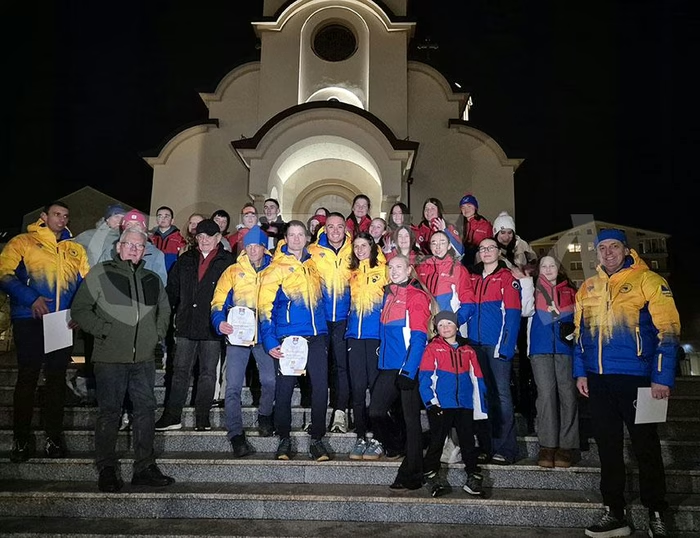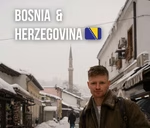Presidency member conditions government formation with progress towards NATO

Bosnia’s tripartite Presidency member Zeljko Komsic said adoption of the first Annual National Programme (ANP) for NATO would be his condition to support the appointment of Serb candidate Zoran Tegeltija as the new Council of Ministers Chairman-designate.
Oglas
“There’s a chance for the appointment. As soon as the Annual National Programme (ANP) for the NATO is adopted, the Chairman of Bosnia and Herzegovina’s Council of Ministers (CoM) can be appointed,” said the Croat representative in Bosnia’s State Presidency Zeljko Komsic.
According to the law, to have the state government fully formed in the aftermath of the October election, Bosnia’s Presidency should appoint the Chairman-designate within eight days after the State Parliament’s lower house inaugural session, which took place on December 6 last year.
The appointment is still on hold due to political disputes.
Oglas
Bosnia has a tripartite rotating Presidency with each major ethnic group and its two entities being represented. In last October’s election, the Serb-run part Republika Srpska (RS) elected Milorad Dodik, the leader of the strongest party in RS to represent them in the Presidency, while the Federation (FBiH) entity voted two members, Croat Zeljko Komsic and Bosniak Sefik Dzaferovic.
The first in the line to take over the post is Serb candidate, Zoran Tegeltija, nominated by Dodik’s Alliance of Independent Social Democrats (SNSD). However, the appointment has been hindered due to political disagreements of the main political stakeholders in the country, foremost in the Presidency.
One of the disputes is the country’s progress to NATO membership, which the Serb and RS leadership strongly object and which the Croat member in the Presidency now sets as a condition for the government formation.
If the country does not adopt its first ANP, which is considered a step forward in partnership with the alliance, Komsic said he had no problems with the current Council of Ministers' composition staying in office for the next four years.
Oglas
To join NATO, Bosnia would need the consent of both of its entities and each of the three peoples, the Bosniaks, Croats and Serbs, with the latter strongly opposing it.
In addition to that, Bosnia’s RS entity adopted in 2017 a resolution on military neutrality, while its leaders say they will follow Serbia’s stance on a possible membership in the alliance.
The statement sparked reactions among the Serb representatives who rejected what they called "the policy of blackmailing and conditioning."
United Srpska leader Nenad Stevandic said anyone who tries to blackmail the Serbs will be considered "working against Bosnia and Herzegovina."
Kakvo je tvoje mišljenje o ovome?
Učestvuj u diskusiji ili pročitaj komentare
Oglas
Kakvo je tvoje mišljenje o ovome?
Učestvuj u diskusiji ili pročitaj komentare
Oglas





 Srbija
Srbija
 Hrvatska
Hrvatska
 Slovenija
Slovenija



























































